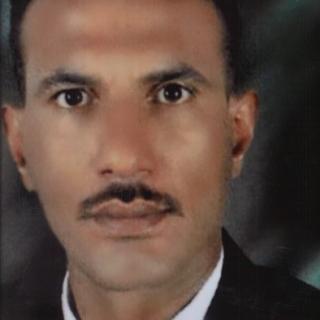Throughout 2015 Yemen continued to be severely affected by numerous armed conflicts and episodes of violence. A military coalition led by Saudi Arabia began conducting air strikes in March, with the stated aim of halting the opposition Houthis’ expansion of control. By mid-August, most of Yemen had been affected by the military offensive. The structure of the government remained unclear, with many key positions unoccupied and official functions carried out by different groups. Civilians were the hardest hit by the violence; the fighting, shelling and aerial bombardment reportedly killed over 6,000 people, injured tens of thousands and displaced over two million. Difficult working conditions hampered efforts by health workers and humanitarian agencies to address the immense needs in the country. Health-care facilities, such as those supported by Médecins Sans Frontières, and offices of humanitarian organizations were bombed or shelled. Eight Yemen Red Crescent Society (YRCS) volunteers and two ICRC staff members – Mohammed and Abdulkarem – were killed while carrying out their duties. In December, two ICRC staff were abducted; one remained captive at year-end. Serious logistical constraints, such as damaged airports and ports, further impeded humanitarian action.
The ICRC was one of the few international organizations present in Yemen in 2015. In view of the extreme insecurity, we had to adjust our set-up and activities to balance the urgency of people’s needs against the risks to our staff. We refocused our efforts towards addressing people’s immediate concerns, such as access to health care, food and water. Some staff were temporarily transferred to an office in Djibouti and tighter security measures were implemented, particularly following incidents involving ICRC staff. A logistics base in Oman supported our operations in Yemen.
When the hostilities escalated in March, the ICRC reminded the parties concerned, on a bilateral level and through public statements, that they were bound by international humanitarian law and other applicable norms. We held discussions with various actors who could influence the situation in Yemen, encouraging them to address the mounting humanitarian needs and seeking their support for our operations. These efforts enabled YRCS and ICRC teams to arrange pauses in the fighting to deliver relief items, evacuate the wounded and retrieve or transfer human remains.
To help manage the influx of wounded patients in Aden, we deployed a surgical team, first to Al Jamhouria hospital in April, and then to Al Mansoora hospital in June. The team was forced to withdraw when the fighting intensified, but the hospitals continued to treat patients with ICRC support. We also worked with local water authorities in urban areas to help minimize interruptions to the water supply for over 2.5 million people.
